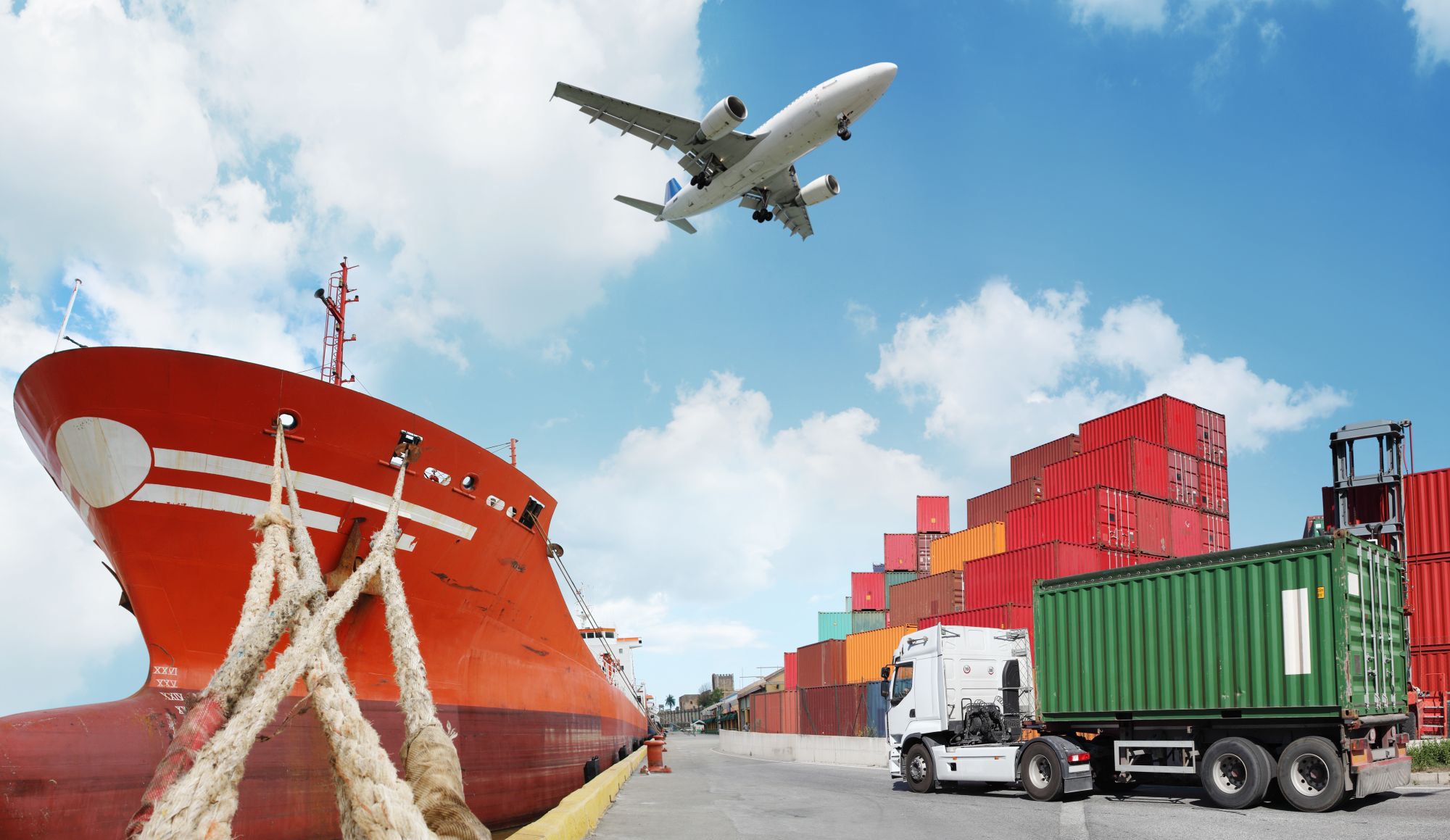A comment by Frank Mischler, Director Policy, International PtX Hub.
Building the green route to European net-zero. While the summer temperatures in Brussels were reaching new records, the European Commission briefed on a new initiative: The Sustainable Transport Investment Plan (STIP). Recognising that transport accounts for around a quarter of EU’s emissions, the Commission wants to introduce several measures to reduce emissions in this hard-to-abate sector. Some of them include supporting sustainable transport fuel production, accelerating the roll-out of recharging and refuelling infrastructure, and facilitating green trade and investment partnerships with third countries on renewable and low-carbon transport fuels. The final strategy that will detail those measures is expected to be published in the third quarter of 2025.
International Power-to-X Hub’s feedback on the Sustainable Transport Investment Plan:
The European Commission’s initiative to develop a sustainable transport investment plan is both timely and essential. We particularly welcome the agreement to focus on aviation and waterborne transport, as these sectors remain among the hardest to decarbonise. At the same time, we strongly support the commitment to stimulate the production of renewable and low-carbon fuels while strengthening the EU’s technological and industrial base. This dual focus is indispensable for achieving Europe’s climate objectives while strengthening its competitiveness.
For the period up to 2050, renewable and low-carbon fuels represent the most effective pathway to decarbonisation in aviation and maritime transport. Unlike other modes of transport, where electrification or hydrogen may play a larger role, aviation and shipping require high energy density solutions that are technologically mature, available at scale, and compatible with the existing fleets and port infrastructures. Given the long lifespan of aircrafts and vessels, fleet turnover will be slow. This reality makes sustainable fuels such as e-fuels and advanced biofuels a critical enabler of the EU’s climate ambitions.
Europe is already a global leader in e-fuels technology. This leadership position must be consolidated and expanded. While it is vital to demonstrate and scale production capacity in Europe, it is equally clear that the bulk of future e-fuels production will take place in countries with more abundant renewable energy resources and easier access to sustainable carbon sources. This presents a strategic opportunity: the EU should cooperate closely with countries in the Global South to develop e-fuel projects and guide them to final investment decisions (FID). Such cooperation would reinforce Europe’s technological leadership, provide a decisive head start in global markets, and create mutually beneficial trade corridors.
We therefore applaud the Commission’s plan to boost collaboration with non-EU countries. Many Global South nations have excellent natural conditions for producing renewable fuels but face high levels of investment risk. Setting up a power-to-liquid (PtL) or e-SAF facility is capital-intensive and complex. Moreover, renewable energy and sustainable carbon feedstocks are often geographically dispersed rather than concentrated, making them difficult to scale at the level currently required for a PtL plant.
A promising solution lies in the production of methanol as an intermediary. Methanol is non-toxic, feedstock-agnostic, and easily transportable. It can be produced in a decentralised manner from various renewable sources and then delivered to central hubs, typically ports. From there, it can be shipped to methanol-to-jet (MtJ) facilities in Europe, where it is upgraded to sustainable aviation fuel. This approach mitigates feedstock challenges, reduces investment risk, and creates a flexible value chain for e-fuels production.
The role of facilitators such as the PtX Hub (GIZ) will be crucial in making this vision a reality. With our extensive networks in target countries, we can identify and train local actors, match them with European technology providers, and support the development of entire value chains and trade corridors. This coordinated approach would de-risk projects, ensure European industrial participation, and foster sustainable economic growth in partner countries.
The ultimate goal should be to secure sufficient supply of price-competitive e-fuels for aviation and maritime transport, while creating international consortia with strong European involvement. This strategy will not only safeguard Europe’s climate ambitions but also stimulate new industrial opportunities, reinforce Europe’s technology leadership, and generate shared wealth with partner countries.
